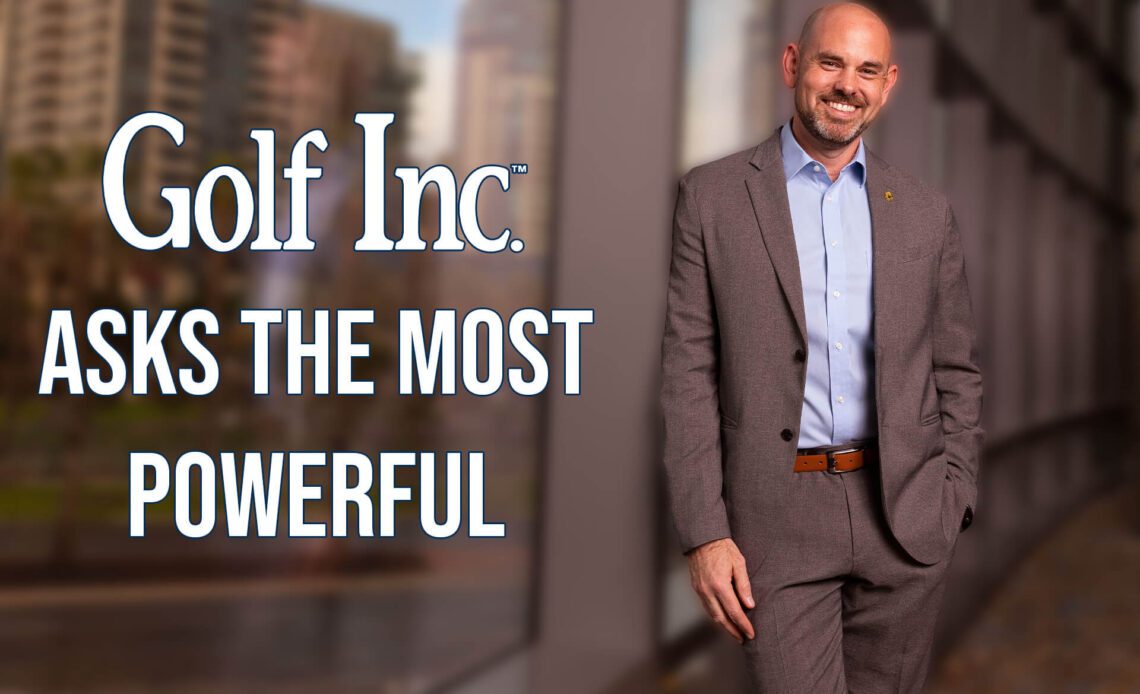Editor’s Note: Golf Inc. reached out to four of the most powerful people in golf, including Jay Karen, CEO of the National Golf Course Owners Association. Here are his thoughts on the future of the business.
What do you believe are the biggest challenges facing the golf industry in the year ahead?
If the economy in America worsens in 2023, it will result in a challenging situation for golf courses. Costs of doing business will continue to rise, and tee time pricing will be looked at once again as a lever to pull in the name of keeping customers. But lowering price does not increase demand or engagement in golf. The fallacy is a dangerous and seductive one, but it only hurts the operation. Also, land-rich businesses like golf will have bigger targets on our backs for increased government intervention in areas like water access, environment, taxation and more. The industry needs to stay alert and connected to all levels of government, so that when the day of adverse legislation comes, we have the data, narrative and relationships to properly defend golf.
While golf is enjoying a tremendous popularity surge, how much of that popularity do you think will be long term?
Crystal-balling is a dangerous business, but I am optimistic about the long-term retention prospect of the increase in demand we have seen the past three years. If we compare the stimulus behind what drove the last surge in demand 25 years ago to the stimuli underpinning the recent surge, we can clearly see they are apples and oranges.
The star power of Tiger Woods drew millions of new people to our game, but most of those tire-kickers did not stick around. Why? Watching Tiger do his thing at the Masters, while it sowed seeds of elite aspiration and fandom, does not translate very well — from a sustainability standpoint — into what it means to play golf at your local daily fee facility, or to jump into a private club membership investment.
I idolized Pete Rose as a kid, but it didn’t mean I enjoyed my one-year Little League baseball career. Fast forward to COVID, and people flocked to golf because it offered a salve and a refuge for some fundamental needs. Golf was the perfect answer for the need to get outside, to engage in something active or athletic and to satisfy our most human need to be with friends and family. These are the same reasons people stay with the game for their entire lives.
When product meets motivation at the right time and place, engagement and retention stand a better…
..
Click Here to Read the Full Original Article at Golf Inc Magazine…
